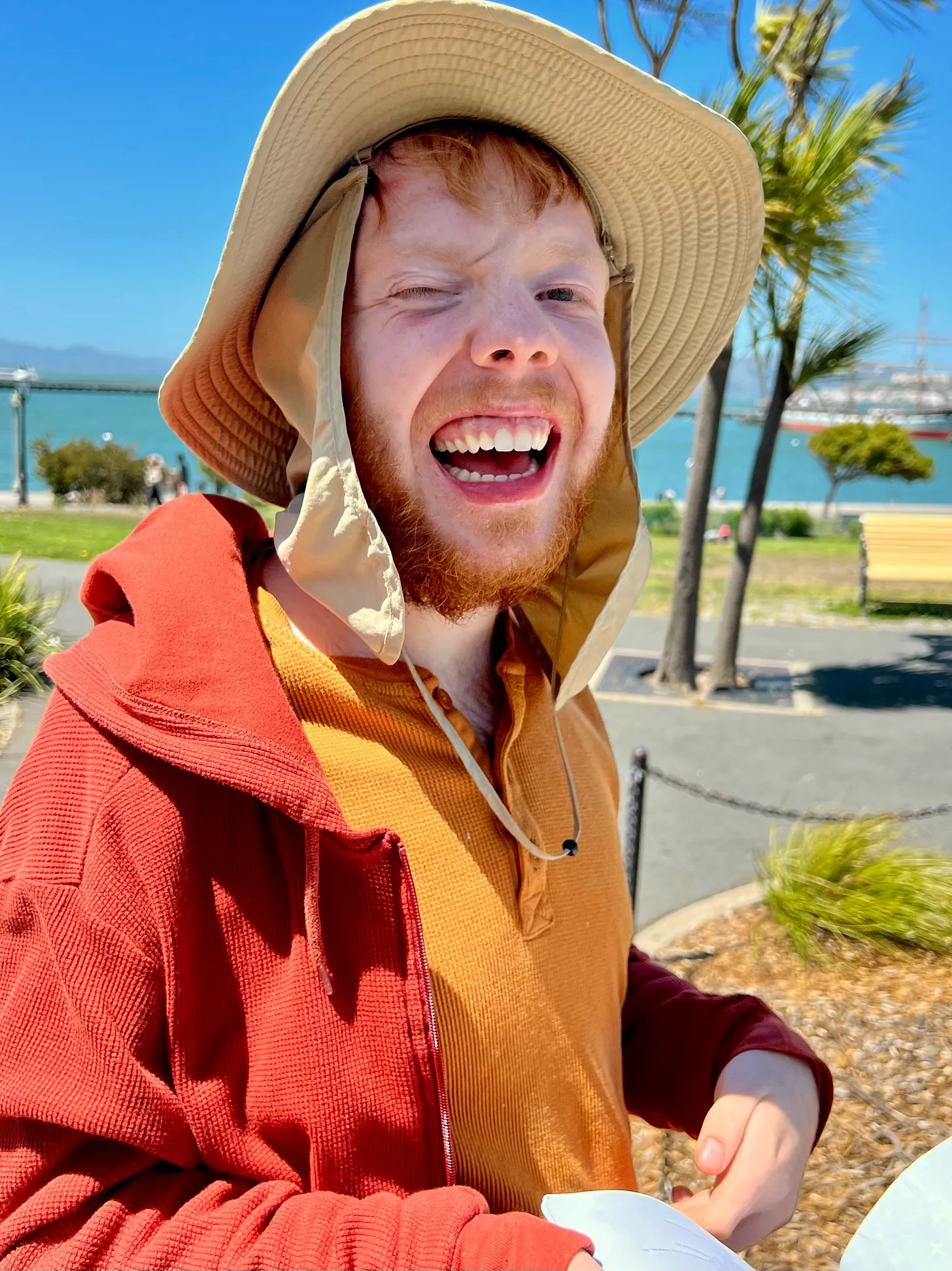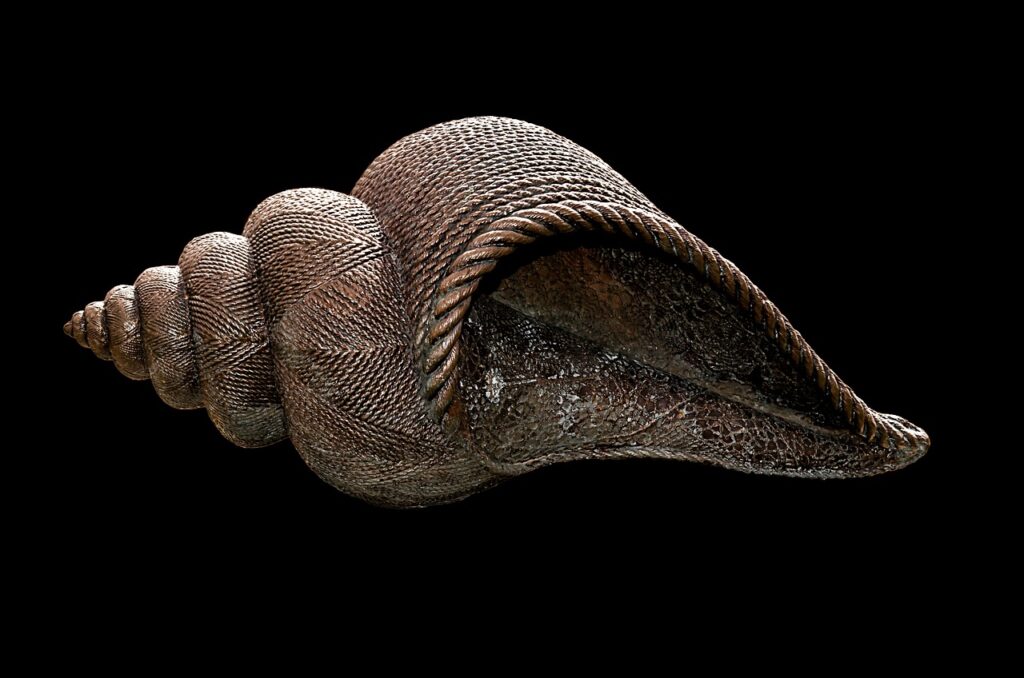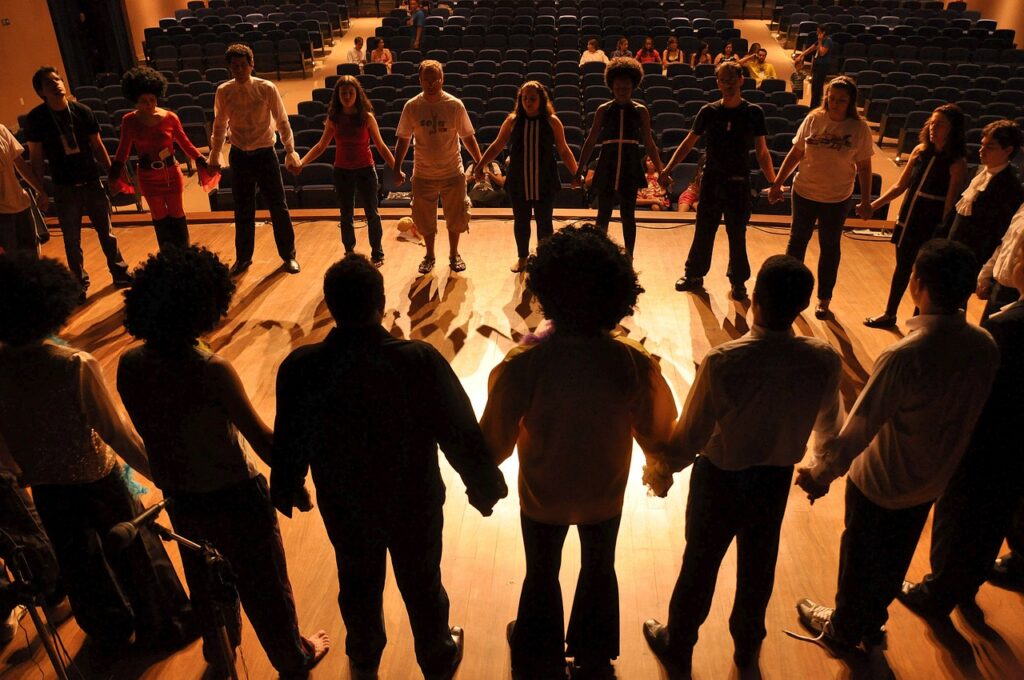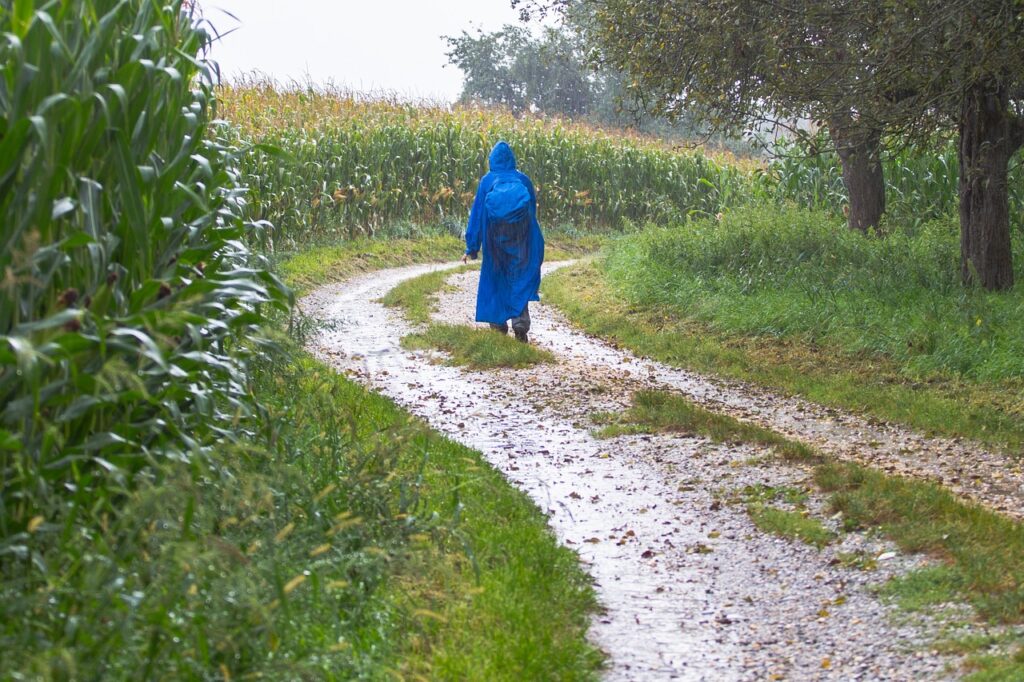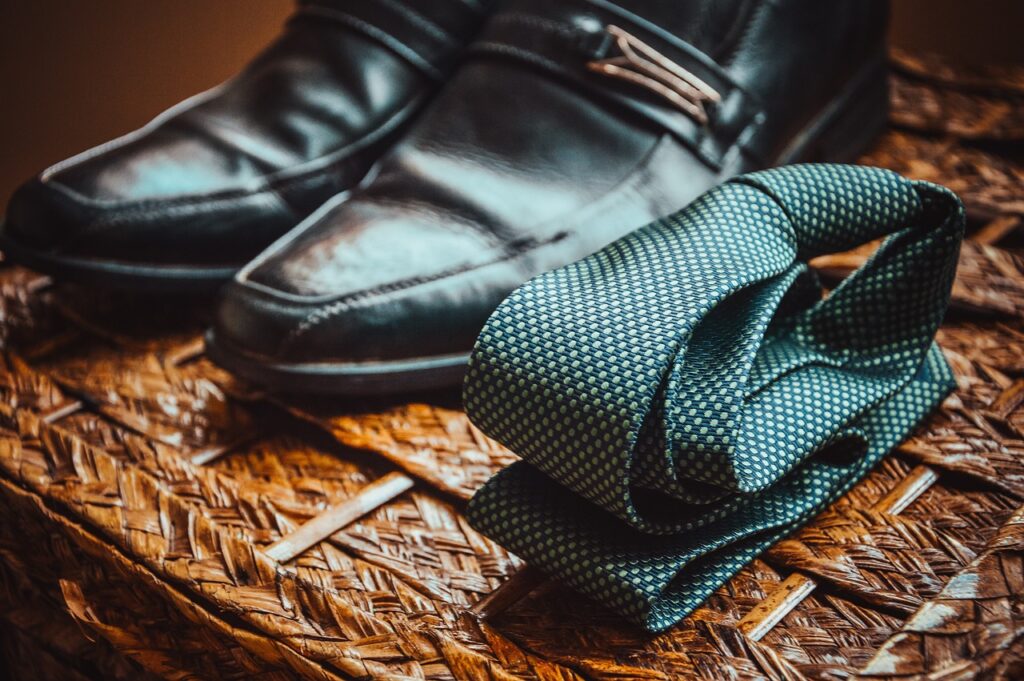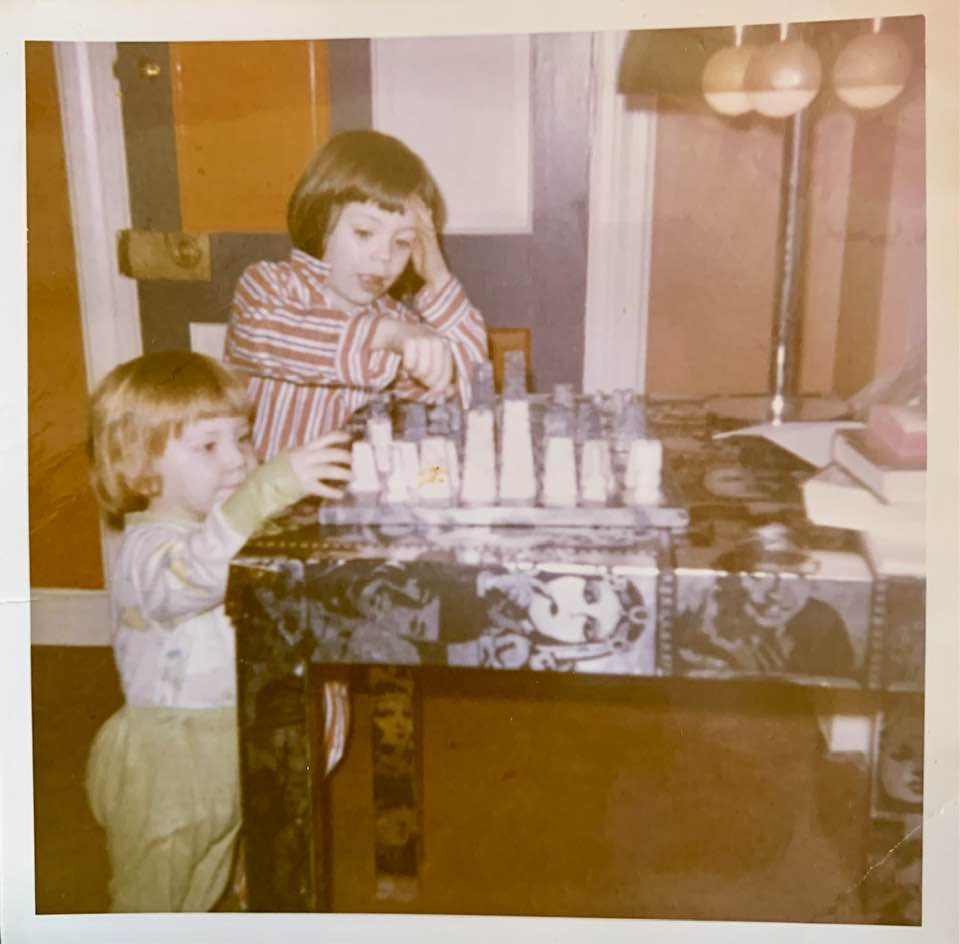
Dear Friends of the Pub Quiz,
I enjoyed the Oscars last night more than I usually do, mostly because I appreciated the stirring speeches by the acting award winners, and because of the musical numbers by the makeup-free Lady Gaga and the singers of “Naatu Naatu” who were surrounded by dancers who recreated the most inspiring scene from the film RRR.
Film has been the most consumed form or art and pop culture in my family since my dad was a kid in the 1930s, a passion that he has passed on through my wife Kate and me to my son Truman, our favorite film encyclopedia who was born the year after Davey Marlin-Jones passed away.
We have shared my dad’s stories with Truman, as I have here in previous newsletters. In 1939, my dad laughed so hard at a Wizard of Oz scene with the Cowardly Lion that he chipped his tooth on the theatre seat in front of him. In the fall of 1941, the kids at his school in Winchester, Indiana started calling him Dumbo because of his big ears, just like the Disney character that had captivated theater-goers that year.
My dad grew up with the film industry, watching all that amazing film noir and those rousing westerns in the 1940s and 1950s. Later, he shared his enthusiasm with his new bride. My parents got married one morning just over 60 years ago (in 1962), and that afternoon they watched all 210 minutes of Lawrence of Arabia. I wonder what they talked about during the intermission. I wonder what my mom thought she was getting into.
My dad saw fewer films during the first decade of his marriage, for he was spending so much time on and back stage in that other sort of theatre, directing shows in New York City and then hundreds more as the Artistic Director of the Washington Theatre Club. Although my dad would later accumulate one of the largest privately-owned VHS tape collections in the city, during that time there were no VCRs. In fact, as I read this week in the Steve Turner band biography, the members of The Beatles were given some of the first VCR prototypes in 1966. Without access to such futuristic technologies and pregnant with me, instead of going to the movies, my mom watched many play rehearsals, sometimes running lines with actors who later became movie stars.
And then, in what I’m sure seemed like a sudden pivot, my dad became the theatre and film critic for WTOP, the CBS TV affiliate in Washington, D.C., and as a result, he had to see and review pretty much every film that was released throughout the boyhood of both his sons.
My family home, a row house on Tunlaw Road in Glover Park, had movie posters on the walls, we had a movie-themed table which held our marble chess set (see the photograph, above), and its built-in bookshelves brimmed with books about film, some of which were sent to my dad by the “Book World” section of The Washington Post, which was always looking for reviewers. At my third-grade birthday party, my dad showed my friends and me both reels of Citizen Kane. We had a discussion about “Rosebud” during the intermission.
Because of his job as a film critic and a notable local personality, from 1970 to 1987, most of my conscious hours living in D.C., my dad frequented the dozens of movie theaters that one found all over the city. One hundred and eleven movie theaters existed in Washington, D.C. at different times during the 20th century, a time when such theaters and the wonders we saw there drove much of popular culture.
I just checked to see if any of the 20 or so movie theatres where I spent much of my weekends in 1983 and 1984, the years I was an usher at the Tenley Circle Theatre at 4200 Wisconsin Avenue, were still around. Nope. Not one. I can see why so many presenters at the Oscars Sunday night emphasized the importance of seeing movies on the big screen.
When I moved to Davis in 1990, Davis had two movie theaters. Since then it has lost one (The Cinema II at 207 F St), and gained two (The Regal Stadium and, thank goodness, The Varsity). Old-timers might know if the city ever had a theater other than those four, but I doubt it. We Davisites are lucky to get to see movies downtown, so close to campus and to all the restaurants that drive traffic to our city.
Some of us are old enough to link momentous events to the grand cinematic spectacles we enjoyed at the time. I saw Batman at The California Theatre on Berkeley’s Kittredge Street the day I moved to California in July of 1989, and Goodfellas at Berkeley’s United Artists Cinema at 2274 Shattuck Avenue in September of 1990, the month I moved to Davis.
Not all college towns are as lucky as Davis. Later called the Regal UA Berkeley, United Artists Cinema closed just last month (February, 2023), leaving no downtown Berkeley theaters for the undergraduates to visit when taking a break from studying. That grand old theatre, home to so many fantasies and adventures, had a long and storied run, having launched in 1932, the same year as the birth of my favorite film enthusiast, critic, and dad.
Thanks to all of you who came to my live and in-person Pub Quiz and fundraiser for the Smith-Lemli-Opitz Foundation last Thursday. We raised over $600 for a good cause, and I got to see and perform for some old friends who hadn’t gathered for live trivia in years, and they all sang to me – what a delight! We also had fun with the folks running the Encounters UFO Xperience in the University Mall – they provided the space for the Pub Quiz and made a donation to the cause.
Thanks especially to my subscribers on Patreon and Substack. Some people pledge for their entire teams, and they get to enjoy a Pub Quiz delivered via Patreon every Monday. The money helps to pay for the hosting of my Pub Quiz website and mailing list, as well as the costs of hosting the podcasts of my weekly radio show. I appreciate all of you who support my ongoing work on behalf of the community, and my writing projects, such as these weekly newsletters, or the bonus original poem that I shared this morning. If you find value in any of this, or would like more original trivia in your life, please subscribe. Thanks!
Here are three questions from the bonus Fundraiser Pub Quiz:
- Great Americans. Married to David Burtka since 2014, what widely-loved five-time Emmy winning actor appeared in the films Starship Troopers (1997), The Smurfs (2011), and Gone Girl (2014)?
- Unusual Words. I am thinking of a three-syllable K word that means “a commotion or fuss.” Name it.
- The Circus. When The Ringling Bros. and Barnum & Bailey Circus performed its last show in May of 2017, about how long was its run: 25 years, 75 years, 150 years, or 250 years?




